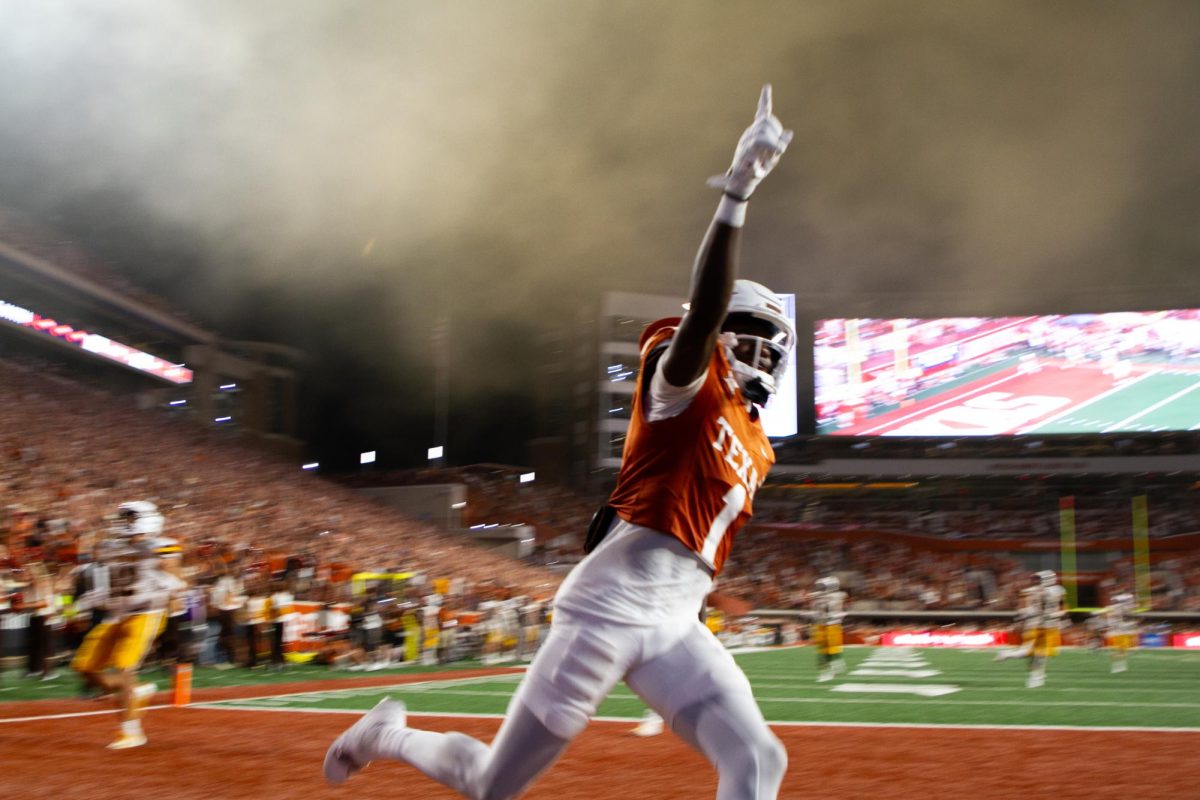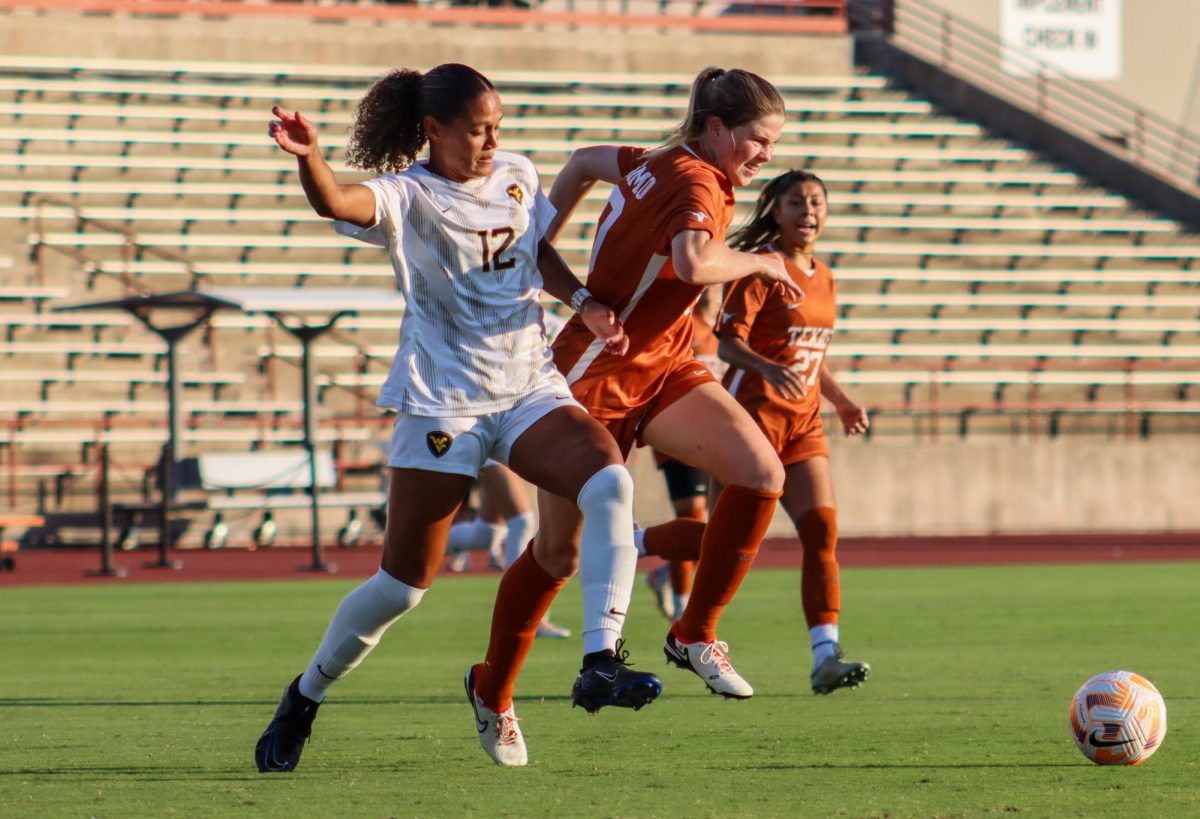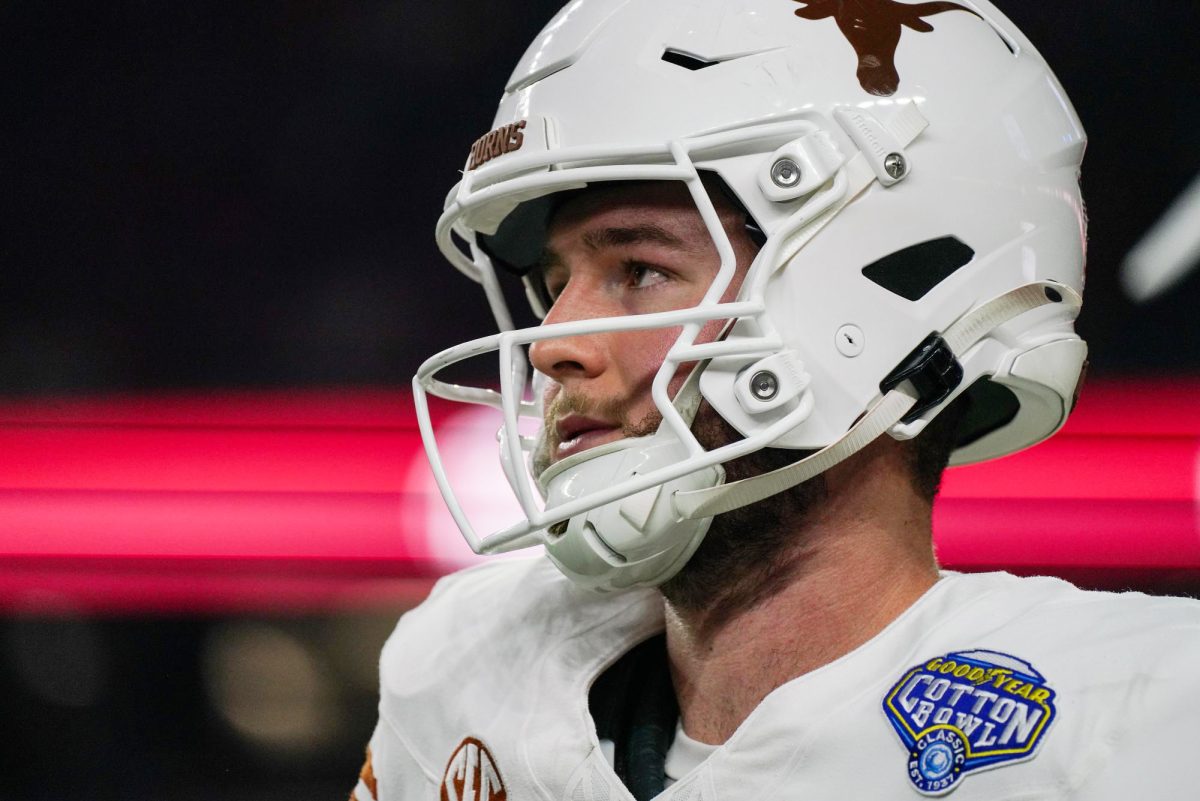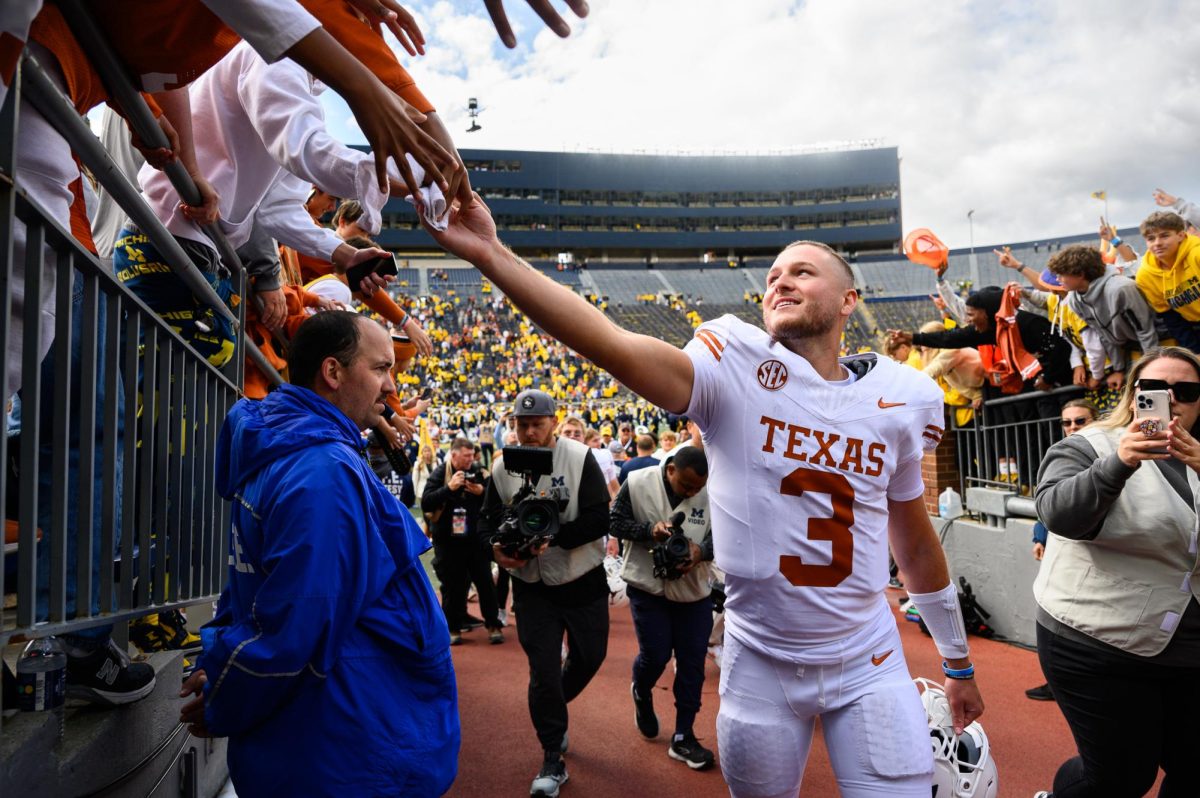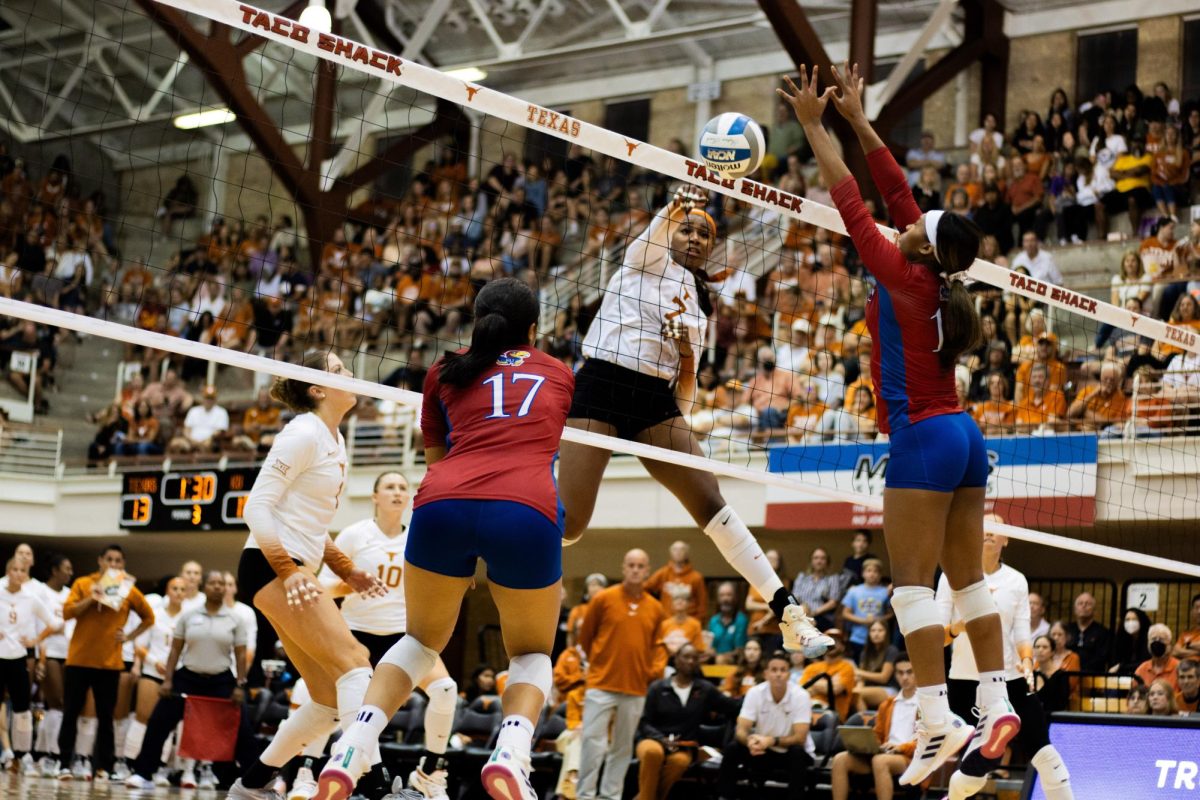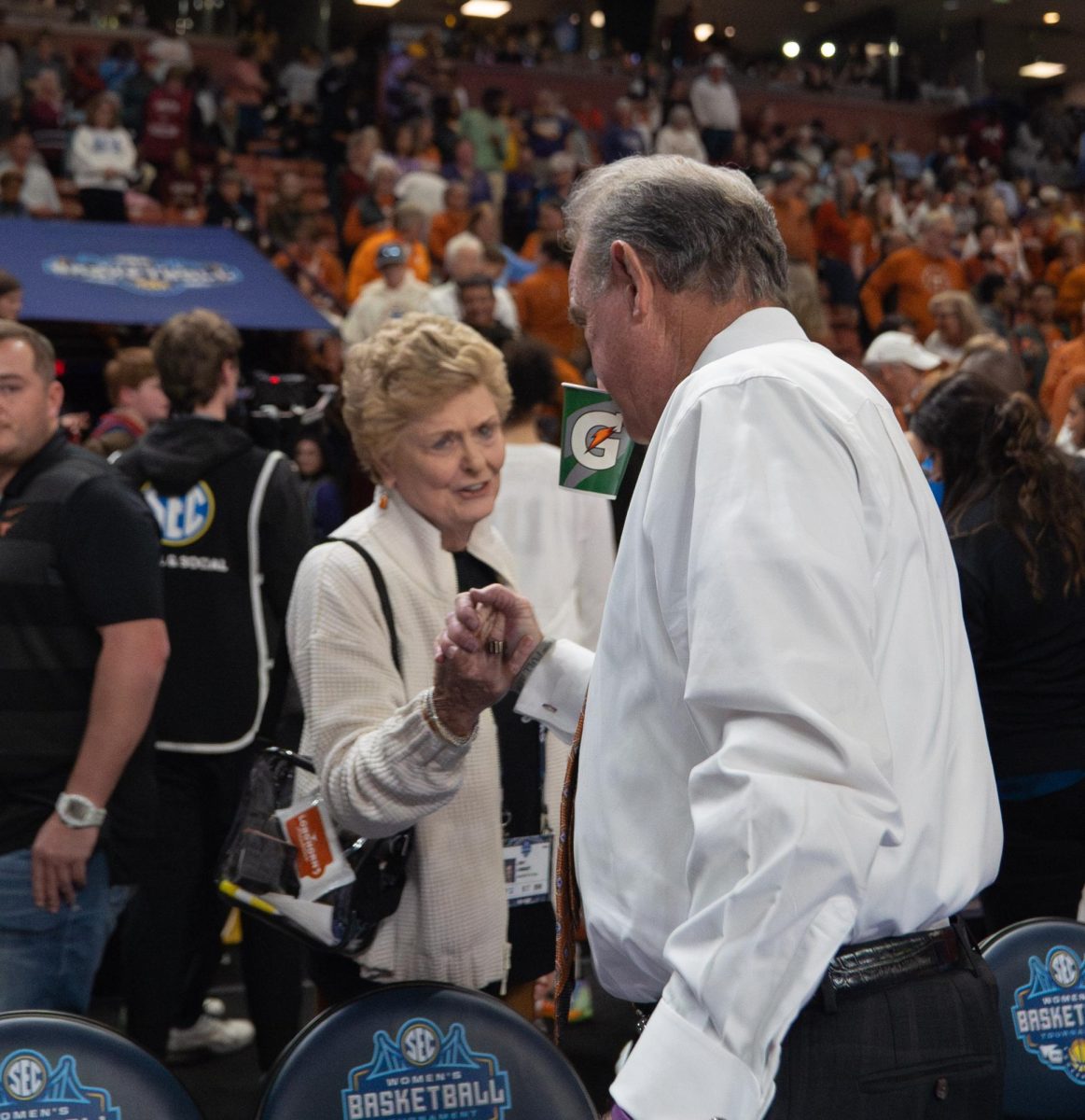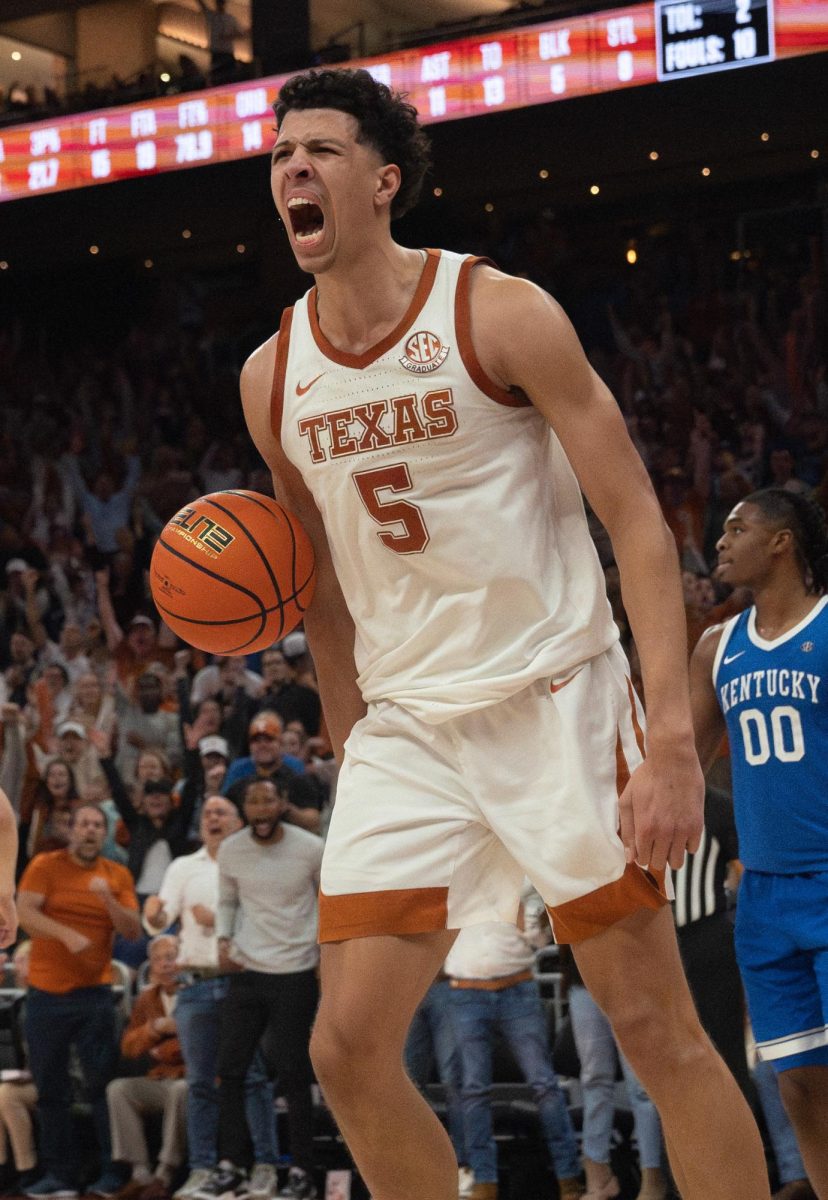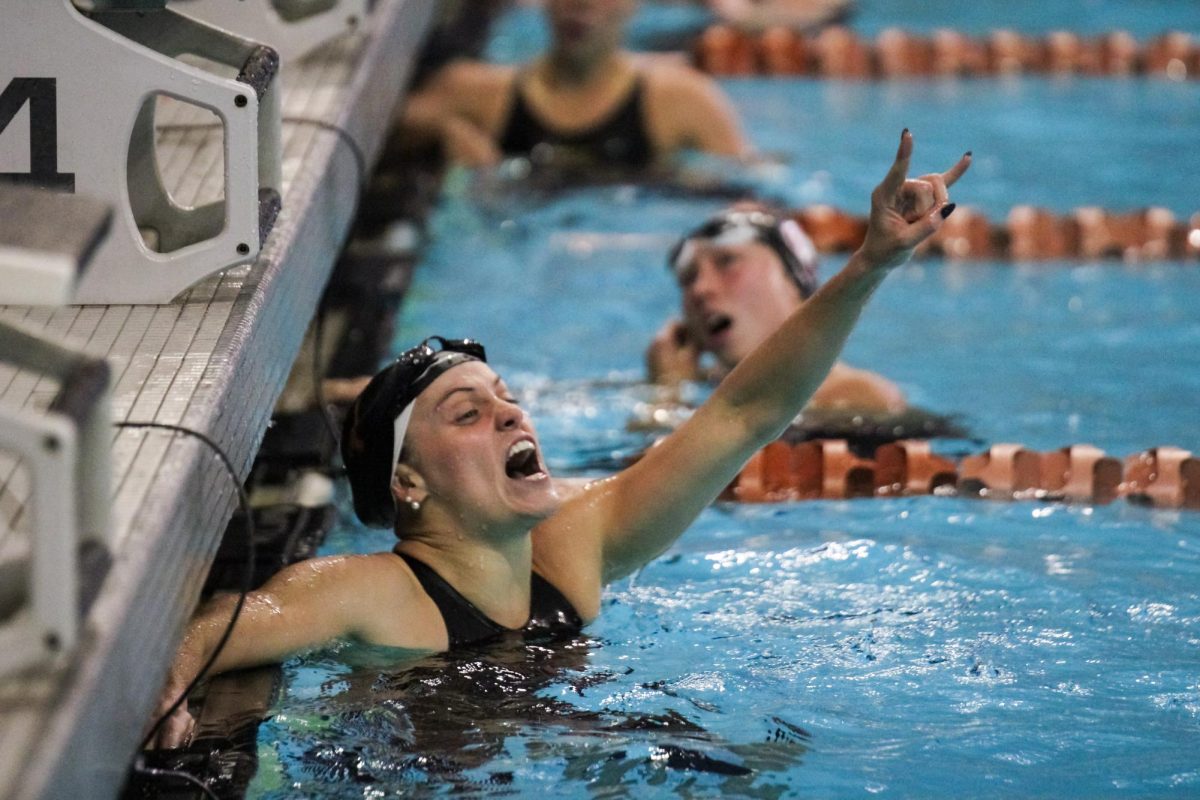It's good to be a Yankees middle infielder these days.
Two days after shortstop Derek Jeter picked up his 3,000th hit, his teammate Robinson Cano won the Home Run Derby, and he followed Jeter’s lead to make a dramatic finish.
While Jeter made hit No. 3,000 a game-tying blast into the left field seats, Cano faced an uphill battle in the final round as he squared off against Red Sox first baseman Adrian Gonzalez.
Like any great Red Sox-Yankees battle, the stakes were high, records were broken and the finish was thrilling. Gonzalez led off the third and final round, belting a record-tying 11 long balls. Bobby Abreu set that record in 2005 and Ortiz matched it in 2010. Both went on to capture the Home Run Derby title, but 11 would not be enough for Gonzalez to win.
With his father — former major league pitcher Jose Cano — throwing to him, Cano deposited 12 baseballs over the fence, breaking the final-round record with four outs to spare and sharing the father-son embrace of a lifetime following the Derby-winning blow.
The Home Run Derby had lost much of its luster recently with many fans losing interest after a lack of excitement since Josh Hamilton's record-setting display in 2008 at the old Yankee Stadium. But this year's Derby went a long way toward making it relevant again. The showdown between Cano and Gonzalez was remarkable and riveting, exciting as any game this season.
The way the Derby started didn't suggest it would be as spectacular as it eventually was. Jose Bautista, whose 31 home runs and 7.45 million All-Star Game votes are tops in the majors, managed only four home runs in a Round 1 that included nine consecutive outs. The National League, led by Prince Fielder, was just as disappointing, mustering only 15 long balls between their four representatives. Fielder was the only one of the four to advance to the second round and did so only after a swing-off.
Chase Field, home to the Arizona Diamondbacks, is not the best venue for a home run contest. But it didn't seem to be a problem for Gonzalez, who is familiar with pitcher's parks as he's spent most of his career playing in PETCO Park in San Diego. The AL's leading hitter at .354 also proved he can hit for power, scattering nine home runs to take the first round lead.
Cano's eight homeruns was plenty to get him into the second round, but a three-way swing-off was needed to decide the other two second-round participants. Matt Holliday, AL captain Ortiz and Fielder each got five swings. Holliday got home runs on two of them, Ortiz hit four bombs, and Fielder was a perfect five-for-five as both captains joined Cano and Gonzalez in the next round. But the captains were eliminated in that round as Cano's 12 dingers and Gonzalez' 11 bombs, including seven in a row at one point, brought their respective totals to 20 and brought them to the Derby's final round.
This Derby was the first with captains and the first that saw the AL and NL compete against each other. Both captains were allowed to pick three players from their league to join them. Both Fielder and Ortiz ensured they brought a teammate to the Derby with Rickie Weeks joining Fielder and Ortiz bringing Gonzalez. The AL demolished the NL, 76-19, as both Cano and Gonzalez hit more home runs (20) in the first two rounds than the NL in the entire contest (19).
In the final round, Gonzalez matched his second round total by sprinkling 11 baseballs into the right field seats, but Cano caught fire when it mattered most. Of Cano’s first seven swings, five were home runs and two died at the warning track. Seven of his last nine swings, including the last four, resulted in home runs. With Cano on such a roll, it would have been interesting to see how many more he had left because he ended the round with only six outs.
Let's hope the Red Sox and Yankees can make October as exhilarating as Cano and Gonzalez made the Home Run Derby.

